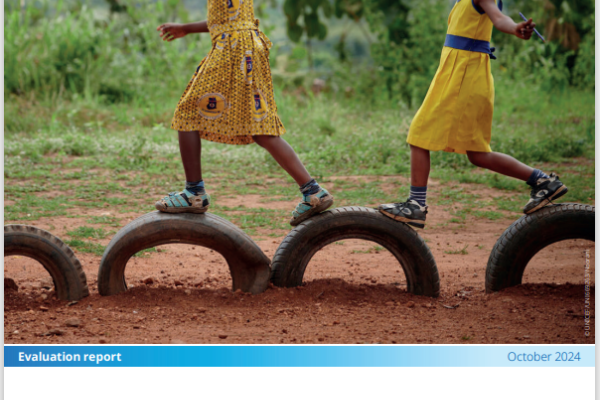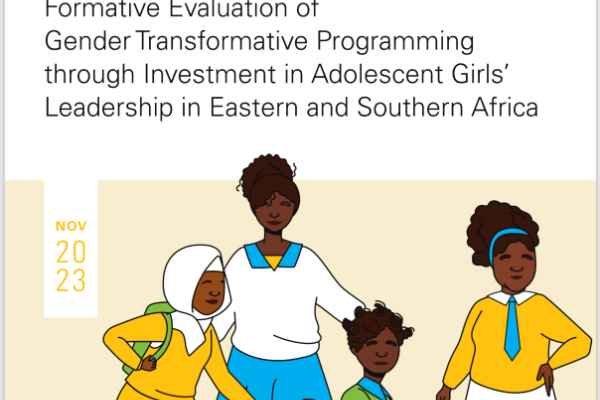Monitoring, Evaluation and Learning
Social Development Direct is a supplier of integrated Monitoring, Evaluation, and Learning (MEL) and Gender Equality, Disability and Social Inclusion (GEDSI) expertise.
We combine a feminist approach with our know-how across all dimensions of MEL and GEDSI insights across all our thematic portfolios to contribute to a gendered evidence base.
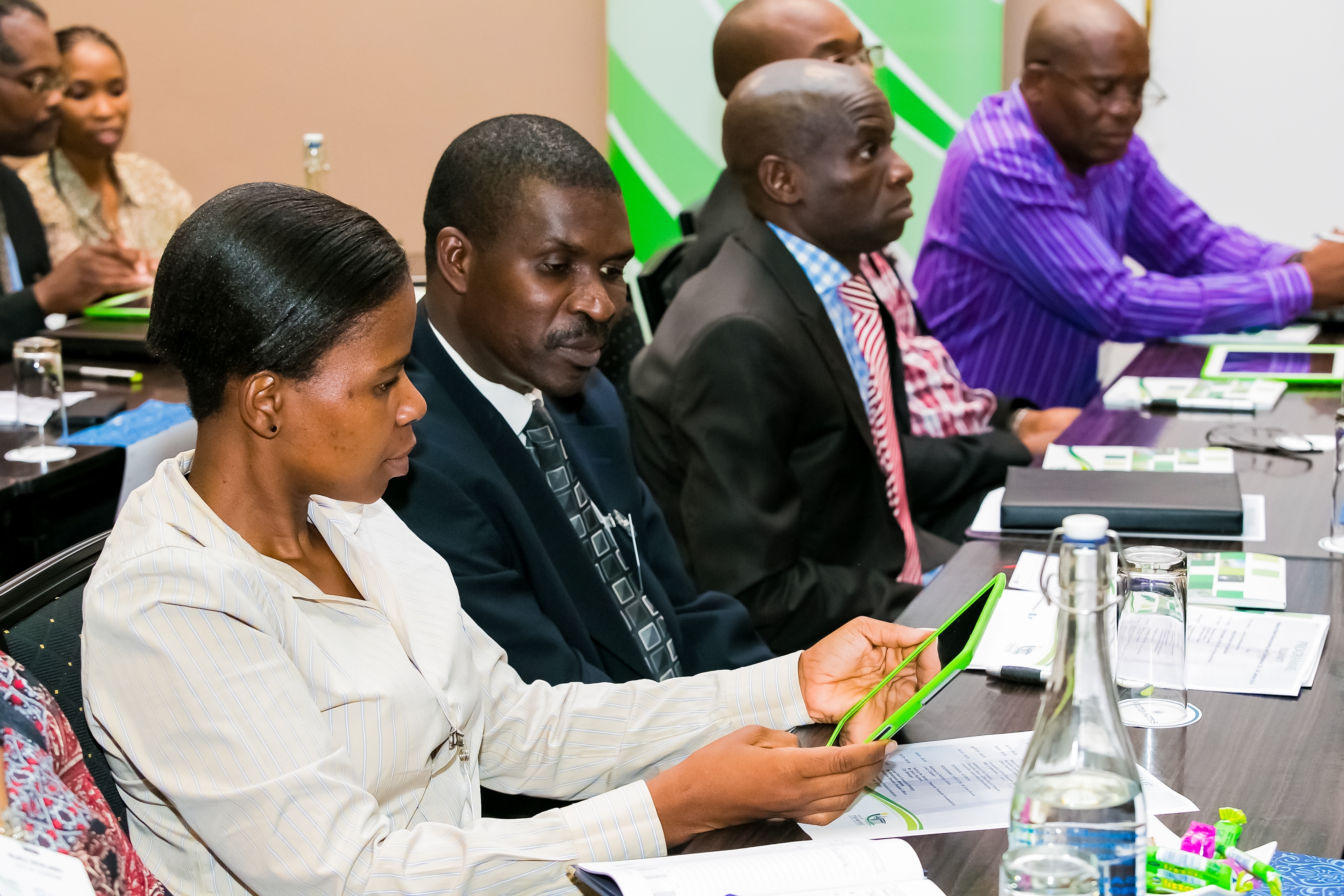
Our Vision for MEL
To promote and practice locally led, participatory, feminist and inclusive MEL, contributing to and advocating for the use of a stronger evidence base on GEDSI.
What we do/ our approach
We specialise in applying feminist and participatory approaches to generate and use GEDSI knowledge and evidence. We partner with governments, the private sector and civil society to co-create MEL systems and evidence generation activities, providing context-specific insights to improve policies, programmes, and services.
We provide tailored services across the policy cycle, including:
-
Monitoring, evaluation, and learning: Developing and implementing inclusive and participatory MEL systems for adaptive management of programming and policy work, aiming to enhance GEDSI.
-
Evaluation and research: Designing and implementing feminist and participatory mixed-methods evaluations to help clients assess the effectiveness of their GEDSI-related policies, programmes, or research.
-
Fund, Portfolio and system level MEL: Providing GEDSI, safeguarding and thematic expertise to MEL systems at the Fund or Portfolio level, contributing to the generation of relevant GEDSI evidence to strengthen GEDSI in programming and policy.
Our MEL work is rooted in co-creation and co-ownership, engaging and including locally based experts and people with lived experience of the issues at stake, as well as their representative organisations.
Our work in this area
We deliver MEL work based on rigorous social, gender and inclusion analysis to measure transformational outcomes such as empowerment, accountability, institutional change, collective action, enhanced social capital and greater inclusion. We develop and deliver safe, ethical MEL frameworks for complex programmes. We carry out qualitative or mixed-methods evaluations (in local, multi-country or global settings) and provide design, facilitation and technical support to inclusive learning partnerships and platforms.
Our team of in-house experts, in collaboration with our global network of Associates and specialist advisors, provides expertise in inclusive, participatory MEL approaches and methodologies across SDDirect’s thematic areas of focus. Our approach is grounded in feminist principles and intersectional analysis. We collaborate with clients and partners to co-create bespoke approaches, selecting the right mix of methodologies to respond to specific needs and context, in line with key MEL objectives and questions. Our work is used to inform decision-making by a range of clients (multilateral organisations, donor agencies, governments, foundations, and civil society organisations) on issues relating to policy, programme design and implementation, levels of investment and performance management.
Our in house experts
Alix Clark, Head of Portfolio
Formative Evaluation of UNICEF’s Gender Transformative Programming through Investment in Adolescent Girls’ Leadership
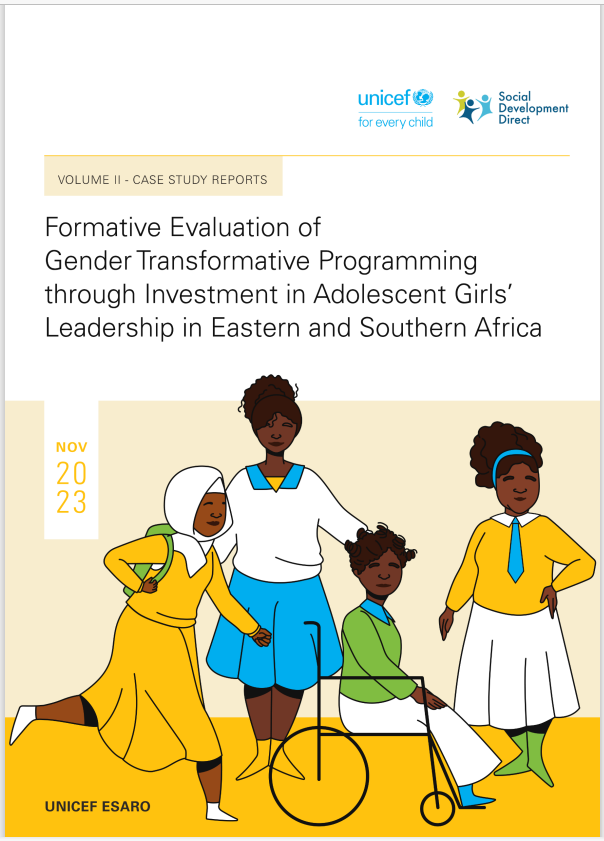
Formative Evaluation of UNICEF’s Gender Transformative Programming through Investment in Adolescent Girls’ Leadership: Feminist mixed-methods evaluation covering 21 countries in Eastern and Southern Africa, based on SDDirect Gender Equality and Social Inclusion framework, involving peer-to-peer data collection by adolescents.
Evaluation of the Implementation of the UNICEF Gender Policy and Gender Action Plans (GAP 2 and GAP 3)
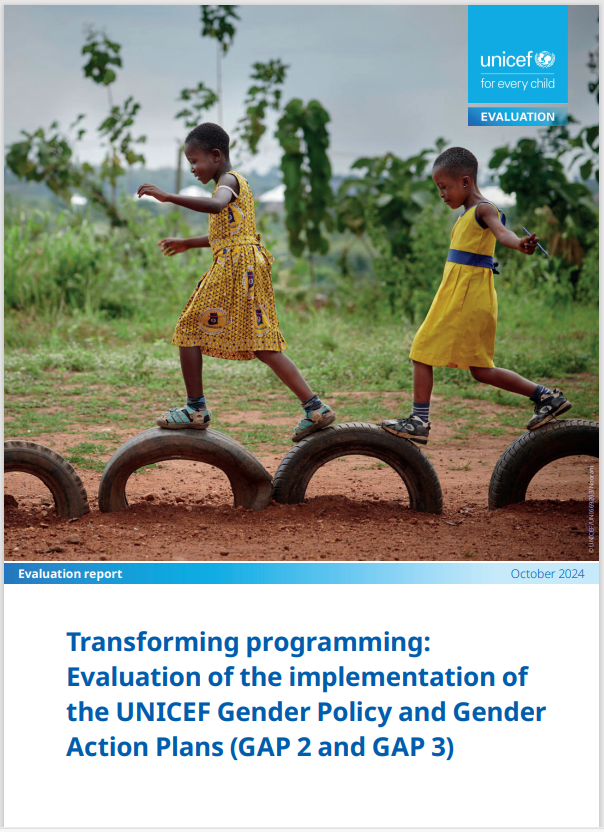
Transforming programming: Evaluation of the implementation of the UNICEF Gender Policy and Gender Action Plans (GAP 2 and GAP 3): Assessment of the effectiveness of the implementation of, and results achieved by, UNICEF’s Gender Policy (2021–2030) and the Gender Action Plans (GAP 2: 2018–2021, GAP 3: 2022–2025)
Formative Evaluation of UNICEF’s Gender Transformative Programming through Investment in Adolescent Girls’ Leadership in Eastern and Southern Africa (ESAR)
What did the evaluation focus on?
This formative evaluation examines how current programmes and investment in adolescent girls’ leadership are shaping UNICEF’s gender transformative programming (GTP) approach in the Eastern and Southern Africa Region (ESAR).
Katy Bobin
Katy Bobin is a Senior Technical Specialist at SDDirect, providing Monitoring, Evaluation and Learning expertise to the Resource and Support Hub (RSH).
Valeria Miglio
Valeria joined SDDirect in March 2024 as a Technical Specialist in the Monitoring, Evaluation, and Learning (MEL) portfolio.
Nilanjana Bhattacharjee
Nilanjana currently serves as a Technical Specialist for Monitoring, Evaluation, Learning (MEL) and Research and sits within the MEL unit at SDDirect.
Madhya Pradesh Impact Evaluation of the Safe Cities Initiative
Unlike most other VAWG initatives, the programme aimed to tackle both intimate partner violence (IPV) as well as violence experienced by women and girls in public spaces. The programme sought to do so through targeted interventions with women's self-help groups (SHGs) and work with men and boys. This was a complex evaluation into highly sensitive issues and as such, it needed a highly specialist team of VAWG and monitoring and evaluation (M&E) experts.
Our team developed an evaluation design with two integrated components:
Lucia Solda
Lucia is a Senior Technical Specialist in Monitoring, Evaluation, Learning (MEL) and Research.
Gender-Based Violence Service Gap Analysis, World Bank Kenya
SDDirect together with a local research partner, Forcier, were contracted by the World Bank Kenya to undertake a gender-based service (GBV) service gap analysis in four counties (Bomet, Kisumu, Kitui and Kwale). The overall objectives of the study were to:
Pagination
- Page 1
- Next page
Our work in this area
- In 2023, SDDirect was commissioned by the UNICEF Evaluation Office to assess the effectiveness of UNICEF’s Gender Policy (2021–2030) and Gender Action Plans in supporting gender equality and adolescent girls’ empowerment.
- The formative evaluation assessed how current programming, investments and practices in adolescent girls’ agency, voice and leadership are shaping UNICEF’s gender transformative programming approach across Eastern and Southern Africa. Its objective was to draw learning and recommendations for…
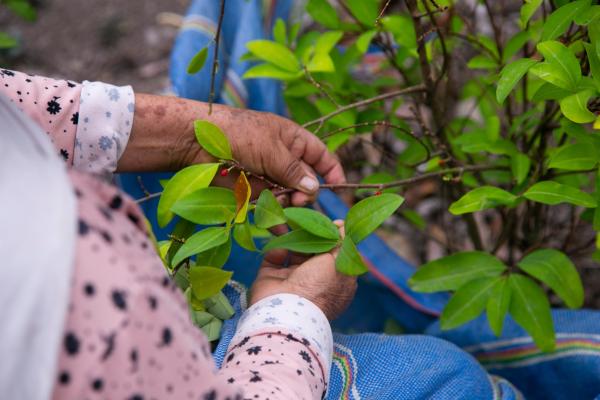 SDDirect are the GEDSI and MEL leads for the CLEAN Helpdesk, which provides technical assistance to support FCDO, and other government departments spending ODA, to deliver the UK’s ambition to tackle climate change and reverse biodiversity loss.
SDDirect are the GEDSI and MEL leads for the CLEAN Helpdesk, which provides technical assistance to support FCDO, and other government departments spending ODA, to deliver the UK’s ambition to tackle climate change and reverse biodiversity loss. SDDirect is part of a multidisciplinary consortia delivering the Global Monitoring, Evaluation and Learning (GMEL) service for the Conflict, Stability and Security Fund (CSSF). GMEL support the Joint Funds Unit (JFU) to develop and implement MEL systems and processes that meet the demands of…
SDDirect is part of a multidisciplinary consortia delivering the Global Monitoring, Evaluation and Learning (GMEL) service for the Conflict, Stability and Security Fund (CSSF). GMEL support the Joint Funds Unit (JFU) to develop and implement MEL systems and processes that meet the demands of…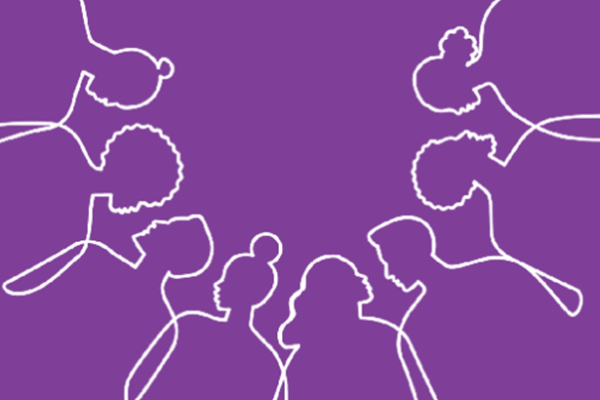 Assessing the Joint Programme's accountability to end Violence Against Women and Girls (VAWG) and address the bi-directional nature of VAWG and HIV (where VAWG can be an indirect/direct factor for increased HIV risk, and HIV status and disclosure can lead to violence).
Assessing the Joint Programme's accountability to end Violence Against Women and Girls (VAWG) and address the bi-directional nature of VAWG and HIV (where VAWG can be an indirect/direct factor for increased HIV risk, and HIV status and disclosure can lead to violence). SDDirect was commissioned to conduct a mixed-methods endline evaluation of ActionAid’s Promoting Opportunities for Women's Empowerment and Rights (POWER), in partnership with DM Watch in Bangladesh, ResearchLime in Ghana and DevLink Consults in Rwanda.
SDDirect was commissioned to conduct a mixed-methods endline evaluation of ActionAid’s Promoting Opportunities for Women's Empowerment and Rights (POWER), in partnership with DM Watch in Bangladesh, ResearchLime in Ghana and DevLink Consults in Rwanda. SDDirect together with a local research partner, Forcier, were contracted by the World Bank Kenya to undertake a gender-based service (GBV) service gap analysis in four counties (Bomet, Kisumu, Kitui and Kwale).
SDDirect together with a local research partner, Forcier, were contracted by the World Bank Kenya to undertake a gender-based service (GBV) service gap analysis in four counties (Bomet, Kisumu, Kitui and Kwale).- SDDirect led the three-year UK Department for International Development (DFID) funded impact evaluation of the Madhya Pradesh Safe Cities Initiative (2012-16) together with Columbia University and local research partner New Concept Information Systems. The Safe Cities Initative aimed to tackle…




